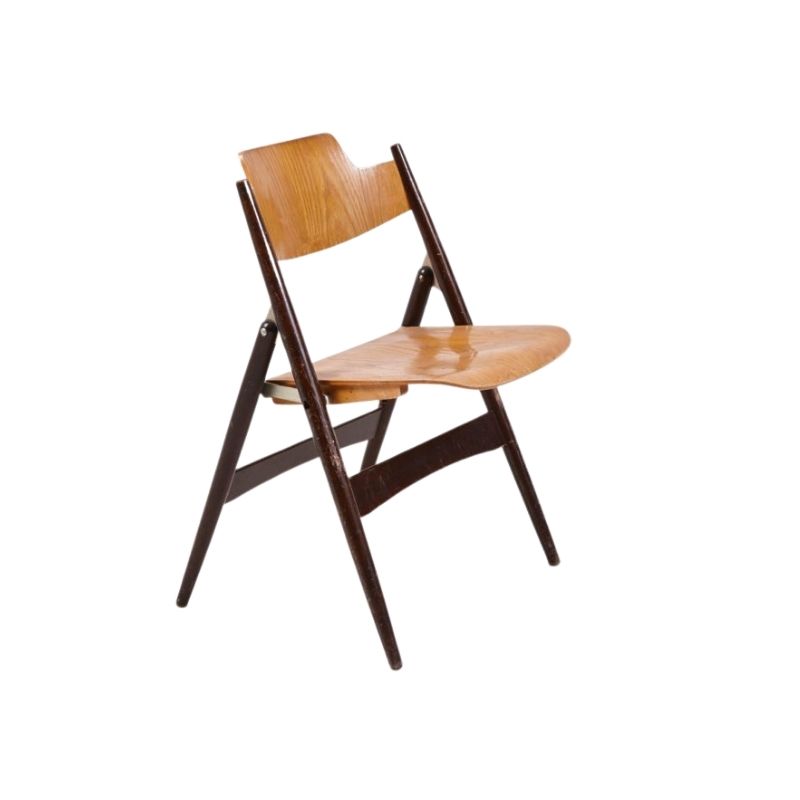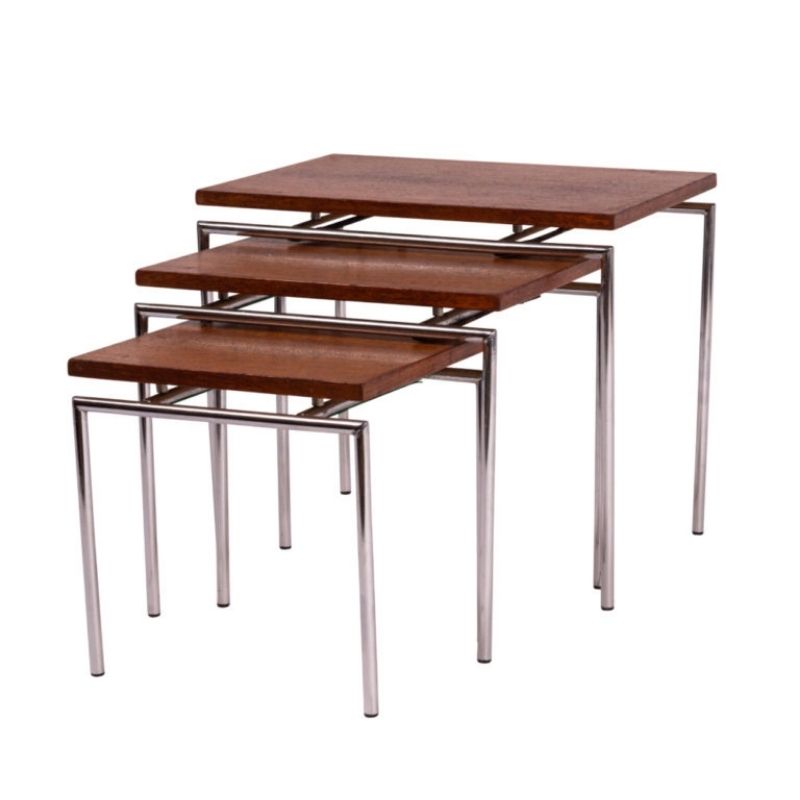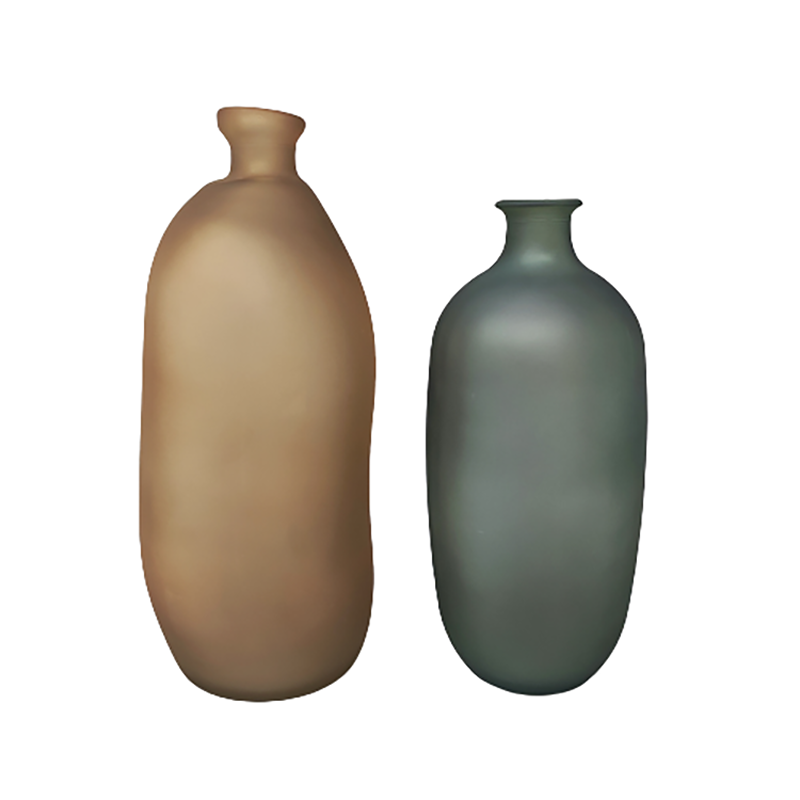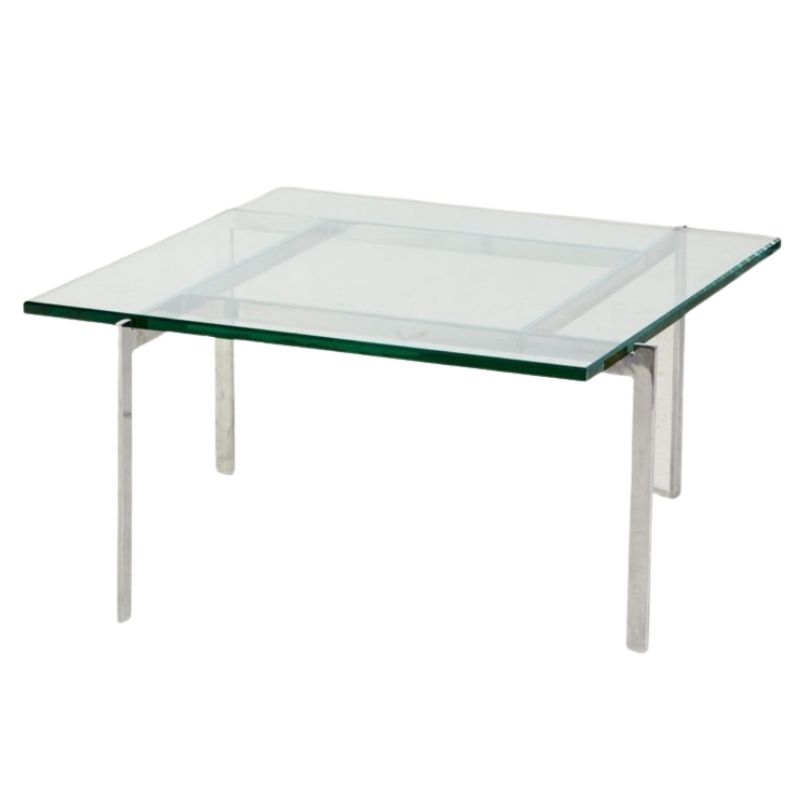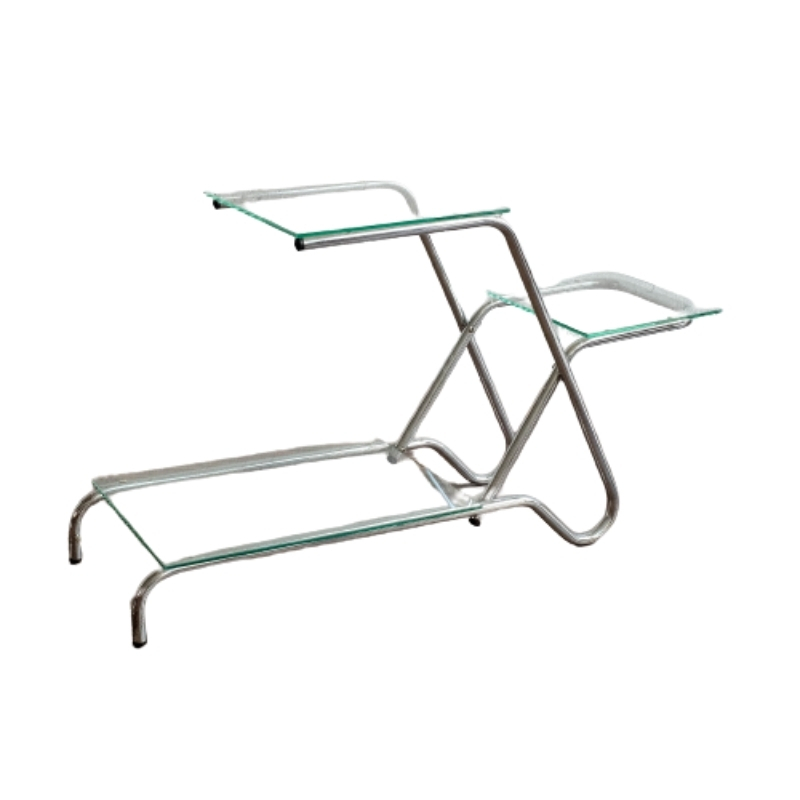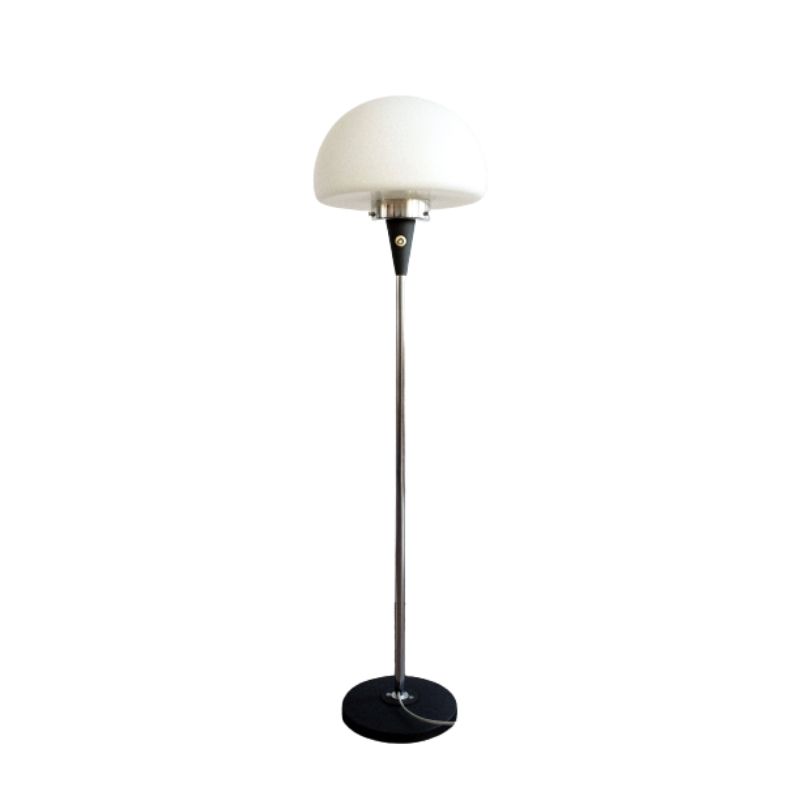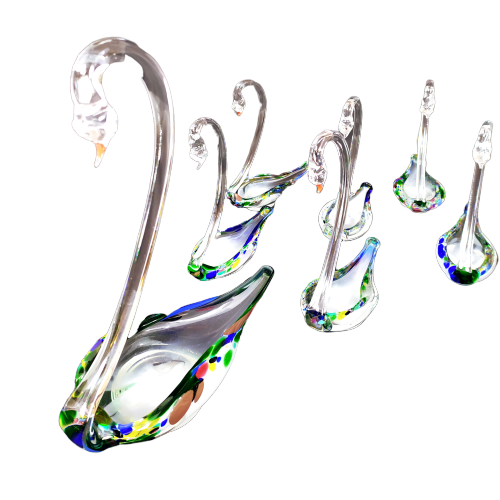@t75kjh1, @zephyr hasn't been active on this forum since before change of ownership over a year ago along with many other knowledgeable, long-time members. That said, the Hobbit House wood ID site that Spanky posted a link to above is a great reference resource.
Alternately, you might take a few well-lit extreme closeup shots and post them here in hopes of conjuring our other Zephyr (@leif-ericson). He likes a good wood ID post. And, for future reference, posting photos is almost always required for best results here.
Having 4 more years of restoration and woodworking under my belt since this post, I can confidently say I t is European walnut. It is a lighter wood than N.American black walnut, but has a lot more dark/light contrast. Not sure if the sap wood is just far thicker, or it is overall a lighter wood, but it is just as beautiful, in different ways ( not as much deep dark browns and purpled). Still have these as my primary dining set. Love them. Not sure these chairs came in teak, I have only seen them in rosewood and European walnut (which was typically evened out with a toner, which eventually turns green). Enjoy, they are well built, beautiful chairs, which are somewhat more rare than many of the dining chairs you typically see.
@Zephyr you are still around! Drop me an email (my real name at google’s mail service) or send me a message on Instagram if you would.
Leif, I am following you on instagram, always look forward to your posts. You have had some interesting investigations lately. pretty interesting acquisition from the GT agent. I will drop you a line.
I have mostly been working on my home as of late, but I have room full of chairs and other danish furniture building up that needs to be refinished and corded. My wife and I have been on a kick lately to get rid of as much stuff as we can, try to make our home a bit less cluttered. I really want to finish all my projects in the queue and get them off to good homes. I have been saving the proceeds to eventually purchase some higher end-pieces, perhaps my first Juhl piece, or some other aspirational pieces. I have always wanted a Poul Kjaerholm PK24 or PK80, but I will likely need to settle for a PK22, as I have neither saved up enough, nor would I want to spend that much on a single piece.
I am in the midst of a complete remodel of my garage, so that I can have something close to a proper shop to make all my projects go a bit more smooth. I also am planning on building all my cabinets for my eventual kitchen remodel, so I need the shop to be ready to handle that project. I have 130 bdft of teak to use yet as well, just not sure yet what for. I will certainly keep some of it for repairing damaged furniture, but there is enough for 1 or 2 small custom pieces as well.
BTW, as long as you @ me, I get an email notifying me I was mentioned on the forum, and that should always bring me back to see whats up... hope everyone is well, Tk, Spanky, Mark, Herringbone, The Good Chicken Doctor, anyone else I am missing...
Thank you so much for replying on this forum to such an old post. My chairs look just like yours and I am trying to do them right. My dad bought them in 1964 and they now have come to me. I agree with the toner aspect as they have a brown but green tint. I am stripping, sanding and using star bright teak oil which seems to bring out the wild variations in grain. Chair pads are being redone in black leather. These chairs are paired with a solid teak 51” Pedestal Extension table which will be refinished following the chairs. If there is any wisdom you can pass on on best practices for refinishing these items I would value your experience and knowledge.
I used Watco Danish oil on mine. About 10 applications over a one month period. I wanted to really saturate the wood and get a protective finish (without using a film finish), and have a finish akin to one that 60 year old chairs should have after a lifetime of oiling. It is a commitment, but well worth it in my opinion. My chairs are danish cord, so I can't offer much about the seats if you are doing them in leather. sand lightly, and do your best to retain the current curves and detailing. I am happy to help where I can, it has been a while, but I remember much of it. I would be very surprised if your table is solid teak, there are not many of those out there, so be careful if you are sanding it. let me know if you have questions, good luck!
Zephyr, you are probably correct on the table being a veneer. When looking at the screw holes on the bottom it looks like press board. It has been refinished previously - maybe 20 yrs ago? Table is 51” x 3/4” thick with two 20” leaves. I will post some pics to show top issues and edge detail. Underneath of the top has not been touched, but I cannot find any makers marks other than the number 5 on each piece. Any thoughts on proper procedures are always appreciated.

It is really hard to tell from pictures, but you need to figure out what type of finish was used 20 years ago; you don't need to know the exact finish, just weather it was a drying or film finish. If you know the table was previously refinished, I would do everything possible to minimize sanding as much as you can. Fortunately it does not look like there is any reason to do much sanding, unfortunately, it looks like there is a film finish (polyurethane, lacquer, etc.) that will need to be stripped. If it turns out to be oil, then you might be able to clean up those wear marks with some 0000 steel wool and your oil of choice (but it doe not look that way from the pictures). As another member of DA (who is the queen of chair refinishing as far as I am concerned) would say, start with the least invasive method, oil and steel wool on the damaged area. If you see uneven uptake of the oil, then you know you have a film finish. Highly unlikely, but might be shellac, which could be repaired without stripping. Denatured alcohol will tell you if that is the case. Other than that, acetone or lacquer thinner for lacquer, stronger stuff for polyurethane or other curing resins. There are plenty of good resources on line that describe how to strip a piece of furniture. I prefer Methylene Chloride (must, must use it outside as it mimics CO and will suffocate you if breathed in, better yet use an organic respirator), but you won't be able to get it if you are in Europe, and will be very hard to find here in the US now, as it was banned from sale except to professionals. If there is any black staining due to water, it can mostly be resolved with oxalic acid crystals (I prefer the full strength x-tals, but barkeepers friend also has it as an ingredient). After all the stripping and acid treatments, make sure to clean all of that off well, as residual stipper and more so acid, can cause issues in any film finish you apply. Once it is all stripped off, a very light sanding with 220 should make it ready for what ever finish you wish to apply.
I should have written it earlier, but: It's good to have you back, @Zephyr
"People buy a chair, and they don't really care who designed it." (Arne Jacobsen)
Thanks herringbone. The forum just took a dive there for a while, and I went to Facebook, which of course was extremely frustrating and unsatisfying. Glad to see you stalwarts soldiered on and kept a good thing going! Now that it seems there is regular traffic here again, I will not be a stranger.
Zephyr, thanks again for the great advice. I am confident that I have a lacquer or poly finish, but will follow steps to eliminate other options. Unfortunately here in California our retail options for quality strippers and mineral spirts has been significantly reduced in recent years. Some small scratches on table surface that I should be able to carefully steam out, but other than that I will be very careful with sanding. Leaning to teak oil finish when fully stripped and cleaned. Thanks again for your wisdom
If you need any help, please contact us at – info@designaddict.com





